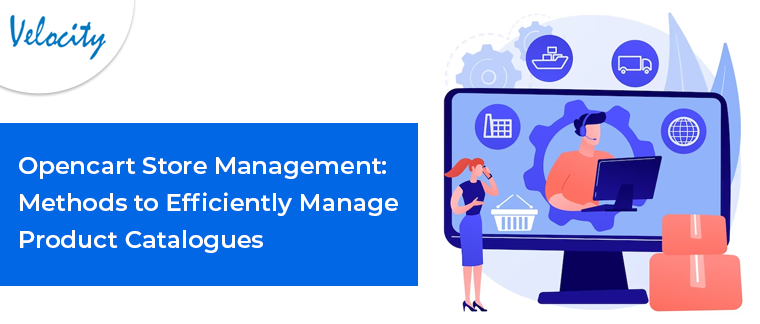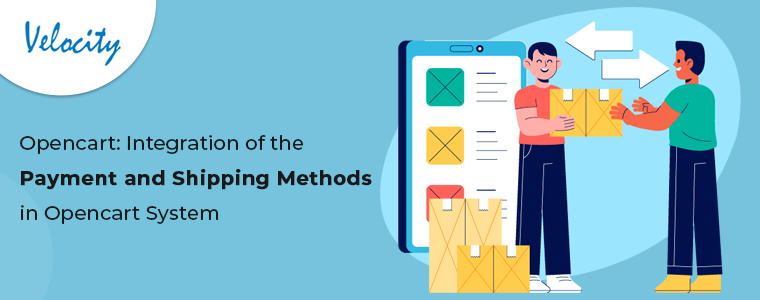Multi-Vendor marketplaces are the modern trend in the eCommerce industry. Why? Not only multivendor marketplaces are a great resource to fulfill all customer needs in a single place. But also, the admins can skyrocket their earnings by handling third-party sellers.
Now the question is, what platform should you go with while planning your multi-vendor marketplace? Well, the answer is a bit tricky. There are a lot of CMS platforms in the market that allows sellers to create their online shop on the same day without writing a single line of code. For example, Shopify, Prestashop, WooCommerce, Magento 2, and Opencart are just a few of them. All the platforms have characteristics that make them unique from other. Where on Shopify, you will not have to pay for the hosting charges separately. On the other hand, Opencart provides a quite simple interface for store management.
Thus, if you are planning to launch your multi-vendor eCommerce store on the OpenCart platform, stay tuned. We have got all the information covered in the following article.
But, before starting the same, let’s discuss what are multi-vendor marketplaces and how they are superior to single-vendor eCommerce Shops.
What is Multi-Vendor Marketplace!!
Multi-Vendor marketplaces or also known as multi-seller marketplaces are online stores that allow third-party sellers to list their products on the stores and sell the same. In other words, as a multi-vendor marketplace admin along with selling your products from your store, you will be allowing the third-party sellers to list their products on your website and manage the orders at their end.
What’s the catch? In exchange for allowing third-party sellers to sell from your website, you can charge subscription or percentage-based charges from the sellers.
One of the major reasons that making multi-seller marketplaces superior to single-vendor eCommerce stores is that. Along with selling the products the multi-vendor store admins can also boost their income by adding earning channels in their business chain.
Use of Opencart for Multi-Vendor Marketplaces
OpenCart is a popular e-commerce platform that can be used to create multi-vendor marketplaces. OpenCart can be transformed into a marketplace platform that allows multiple vendors to sell their products on the same website. However, by default, there is no such feature available in Opencart for the multi-seller marketplace. Yet, just with a bit of code touch, you can transform your single-vendor Opencart shop into a fully functional multi-vendor marketplace.
When it comes to scalability, OpenCart can handle a large number of products and vendors. However, the performance of the platform can be affected by the size of the marketplace and the number of concurrent users. However, if your server is good enough to maintain the load, you are all set to go. To ensure optimal performance and scalability, it is important to host the platform on a high-performance server and optimize the database and server configurations.
In addition, OpenCart offers a range of performance optimization options such as caching, compression, and database optimization. That can help improve the platform’s scalability. OpenCart also supports load balancing, which can distribute traffic across multiple servers to improve performance and scalability.
Overall, OpenCart is a capable platform for building multi-vendor marketplaces, and with proper optimization, it can scale to support large marketplaces with many vendors and customers.
Build Your Opencart-based Multi-Vendor Marketplace with Velsof!!
At Velsof, we are an experienced e-commerce development company that offers various services to help businesses build their online marketplace on OpenCart and other eCommerce platforms. The eCommerce development team can help you with everything from customizing the platform to fitting your business needs. Integrating third-party plugins, and optimizing the performance of your marketplace.
You can find all the additional details and quotations on our official email address [email protected].










